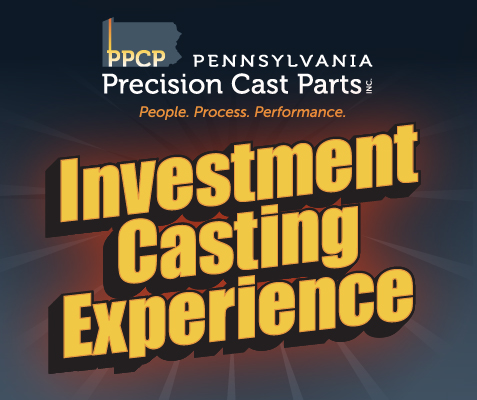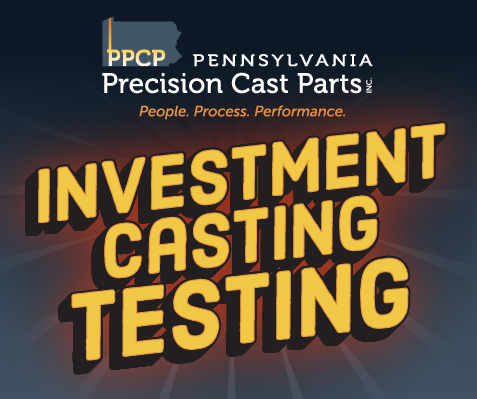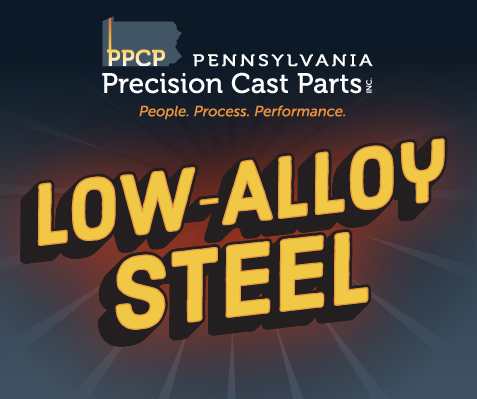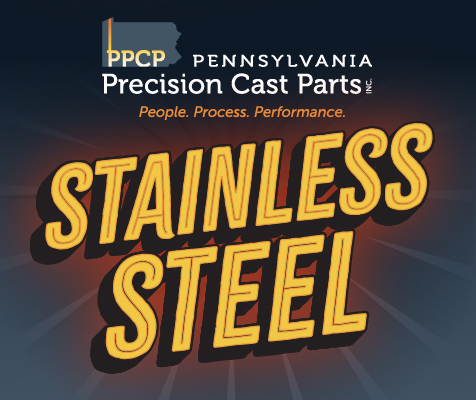
by Brandon Gift | Jul 23, 2024 | Blog
There are many factors that go into being able to produce top-quality, reliable, cost-effective parts, but none are more important than investment casting experience. PPCP has a long and rich heritage of more than 75 years in the investment casting industry. Four...

by Brandon Gift | Jul 16, 2024 | Blog
An important factor in ensuring high-quality, on-spec parts is investment casting testing. There are a variety of testing procedures to evaluate different aspects and characteristics of a casting. PPCP utilizes more than a dozen tests ranging from Spectrographic...

by Brandon Gift | Jul 9, 2024 | Blog
When steel with specialized properties is needed, low-alloy steel investment castings may be the best production option. Low-alloy steel is made by enhancing the steel with precise amounts of various ingredients, such as molybdenum for strength, silicon and manganese...

by Brandon Gift | Jul 2, 2024 | Blog
Stainless steel investment castings offer manufacturers multiple high-value benefits. It is often ideal for specialized applications requiring robust corrosion-resistant characteristics, which enable it to retain its integrity in even the harshest conditions....

by Brandon Gift | Jun 25, 2024 | Blog
In investment casting, the process of turning slurry-covered wax patterns into hardened molds is called investment casting firing. The patterns are placed in high-temperature ovens that heat to approximately 1,800º F. This is hot enough to solidify and harden the...






